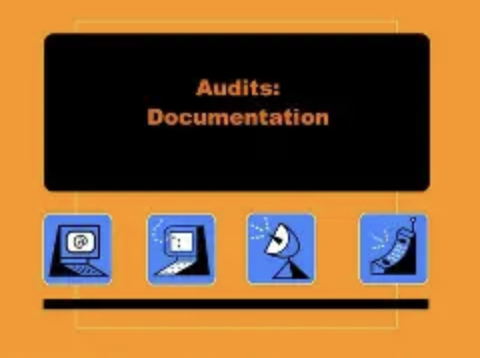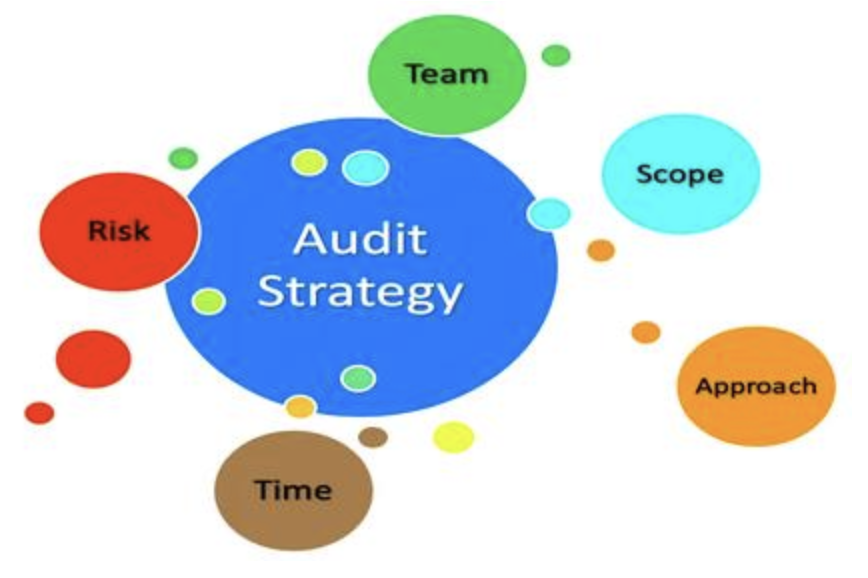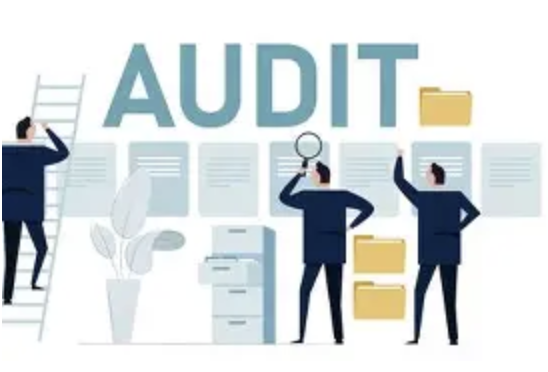Tax Audits: Prep & Navigate for Businesses
For affluent entrepreneurs, facing a tax audit should not be viewed as a disaster—it represents an evaluation of careful planning and strategic action. The prevalent anxiety arises from lack of organization rather than from failure to comply. By integrating audit preparedness into everyday business activities and knowing how to effectively communicate with auditors, the potentially daunting experience can become a chance to enhance financial oversight and prevent future fines.
Establish an “Audit-Ready” Documentation System
The tension associated with audits diminishes when there is a well-organized, centralized system for documentation. In addition to standard receipts and bills, develop a “supporting narrative” for significant transactions: the rationale behind a major expense, the methods used for asset valuation, or the reasons for claiming a tax credit. Utilize cloud-based solutions that include version control and access logs—this allows you to promptly access documents and verify their legitimacy. For instance, if you applied for an R&D tax credit, keep project schedules, employee time sheets, and prototype testing outcomes stored alongside the credit application. This forward-thinking documentation transforms ambiguous assertions into substantiated evidence.

Conduct Pre-Audit Self-Assessments Annually
Consider pre-audit evaluations as an essential component of regular business operations rather than merely a last-minute solution. Engage an external tax consultant (distinct from your usual preparer) to simulate an IRS audit, concentrating on areas of high risk such as substantial deductions, international dealings, or distributions of pass-through income. For instance, if your company possesses foreign bank accounts, verify that FBAR submissions are accurate and backed by bank documentation. Conducting a self-audit may reveal absent records or miscategorized costs, enabling you to rectify problems before the IRS becomes aware. This approach shifts audit readiness from a reactive stance to a proactive one.

Educate Your Staff on Audit Guidelines
Auditors frequently conduct interviews with personnel, thus your staff must be prepared to answer appropriately. Instruct employees to remain factual, refrain from guessing, and refer complicated inquiries to your tax advisor. Establish a “designated spokesperson” to manage all communications with auditors; this helps avoid conflicting statements that might raise concerns. For instance, if an auditor inquires about a vendor payment, your team should present the invoice and payment documentation without adding unverified remarks, such as “we paid extra for expedited service.” Clear guidelines promote uniformity and reduce the chance of errors in interviews.

Strategically Negotiate the Audit Range
Auditors often ask for extensive access to documents—politely resist this and seek to limit the range. Examine the audit notification to pinpoint the specific tax years and matters being reviewed, then supply only pertinent records. If the IRS requests five years of documents but the notice indicates 2022-2023, clarify that you will provide information for those years first. This constrains the auditor’s capacity to explore unrelated issues. For instance, if the audit centers on travel costs, do not disclose payroll records unless specifically solicited. Intelligent management of the audit scope maintains focus and lessens the chances of unforeseen findings.
Convert Audit Results into Enhancements for Processes
After an audit, view the findings as a guide for improving financial controls. If the IRS pointed out missing receipts for meals and entertainment expenses, integrate a real-time expense tracking tool that mandates photo uploads of receipts. If there were inaccuracies in depreciation calculations, revise your asset management system to include automated depreciation schedules. For example, a manufacturing firm flagged for problems with inventory valuation may implement barcode scanning to enhance inventory accuracy. This not only helps prevent future audits but also increases your business’s efficiency and financial transparency—delivering value that extends beyond mere compliance with audits.
(Writer:Dirick)





